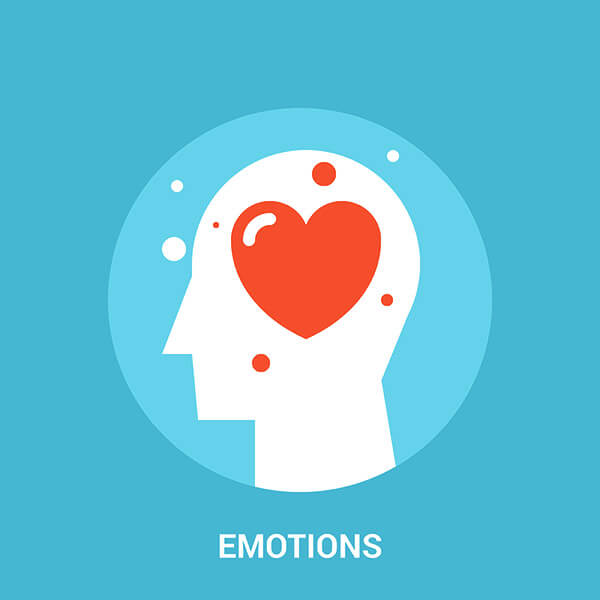No question about it that video interviewing can save recruiters serious time and money, however, does it encourage biases in recruitment? Or is the opposite true? Is it the best thing that ever happened for those who are normally very quickly dismissed and stereotyped? For those candidates, it gives them a rare few-second opportunity to show their personality, intelligence and emotional intelligence. BEFORE they get dismissed based on either their name, their static boring picture or their background which are normally apparent from their resume. Are video interviews good or bad for equal opportunity?
1) Does it advantage or disadvantage stereotyped candidates?

In my opinion, video interviewing provides candidates who are normally immediately stereotyped and rejected with a great chance to bring out their personality and emotional intelligence and breakthrough that stereotype.
Opinion A – Video Interviewing allows biases to creep into the recruitment process because it can be the perfect tool to judge a person based on their look or accent.
Opinion B – What’s a better opportunity for those who are vulnerable to being stereotyped, than the chance to show their smile and emotional intelligence and win over the hearts of even their worst critics?
Video interviews, bring out personalities so quickly that just in time… it can make someone stop and act against prevailing biases.
2) The emotional intelligence which resumes don’t reveal

What are the most sought after skills in a candidate, by the top global companies?
- Collaboration: How well can the candidate work with others?
- Creativity: Do they have a creative approach to problem-solving?
- Basic Knowlege Of Subject Matter: They don’t necessarily want experts at a topic!
- Perseverance: They want people who can persevere through adversity
- Be Ruthlessly Intentional With Their Time
3) Can it aid biases to creep into recruitment?

Some people say that some recruiters could discriminate against candidates based on their skin’s colour and therefore video recordings by the candidates can take away their chance of securing a face to face interview.
4) Save tons of time and money

5) Better quality new hires

I mean when you think about it, the company can now assess more people with the same recruitment budget. So, mathematically speaking, that company ought to start to bring onboard better quality new hires.
We’ve just launched an awesome video interviewing capability in our platform. So far it’s extremely popular amongst our user community and so I’d like to hear your opinion about this topic. I’d also like to hear your view on how to best use this exciting technology to aid assessing soft skills. Particularly how effective it is in reducing the cost of face-to-face interviews. Not to mention how you’re using it to improve equal opportunity? Is it something you think is helpful?
Until Next Time,

